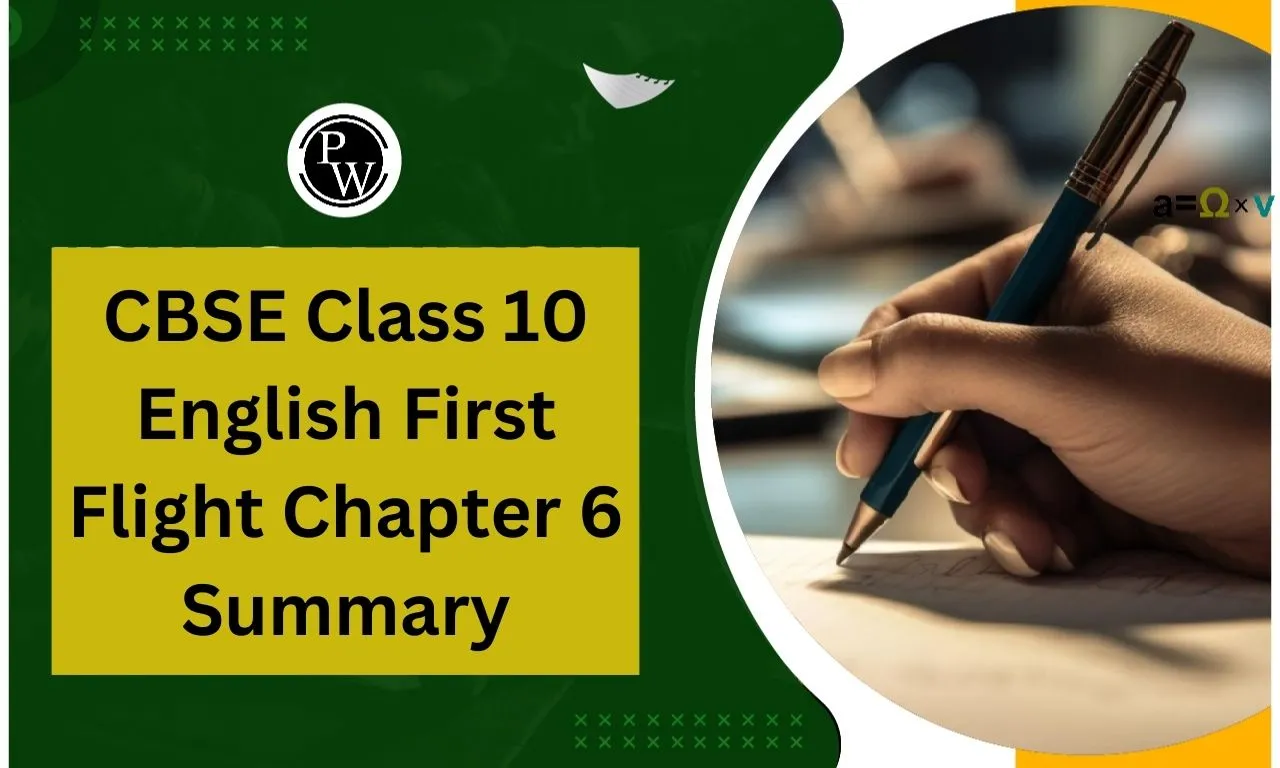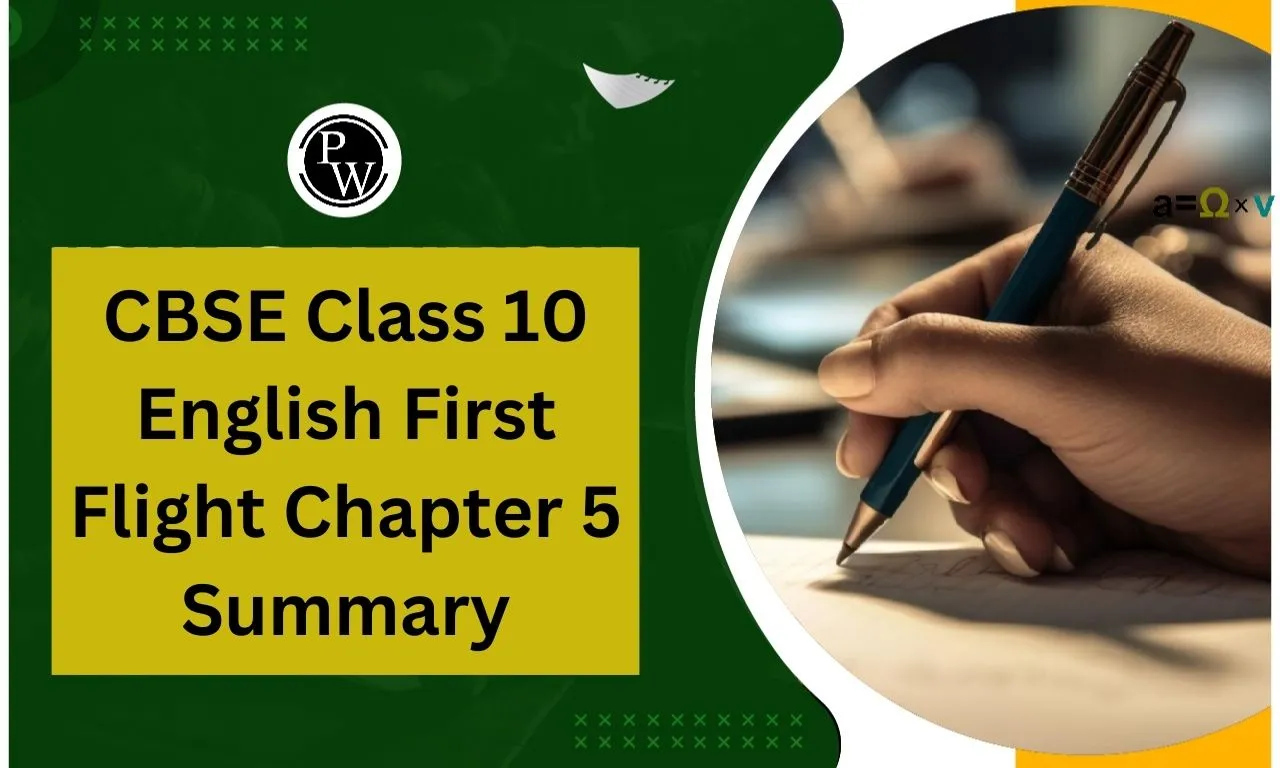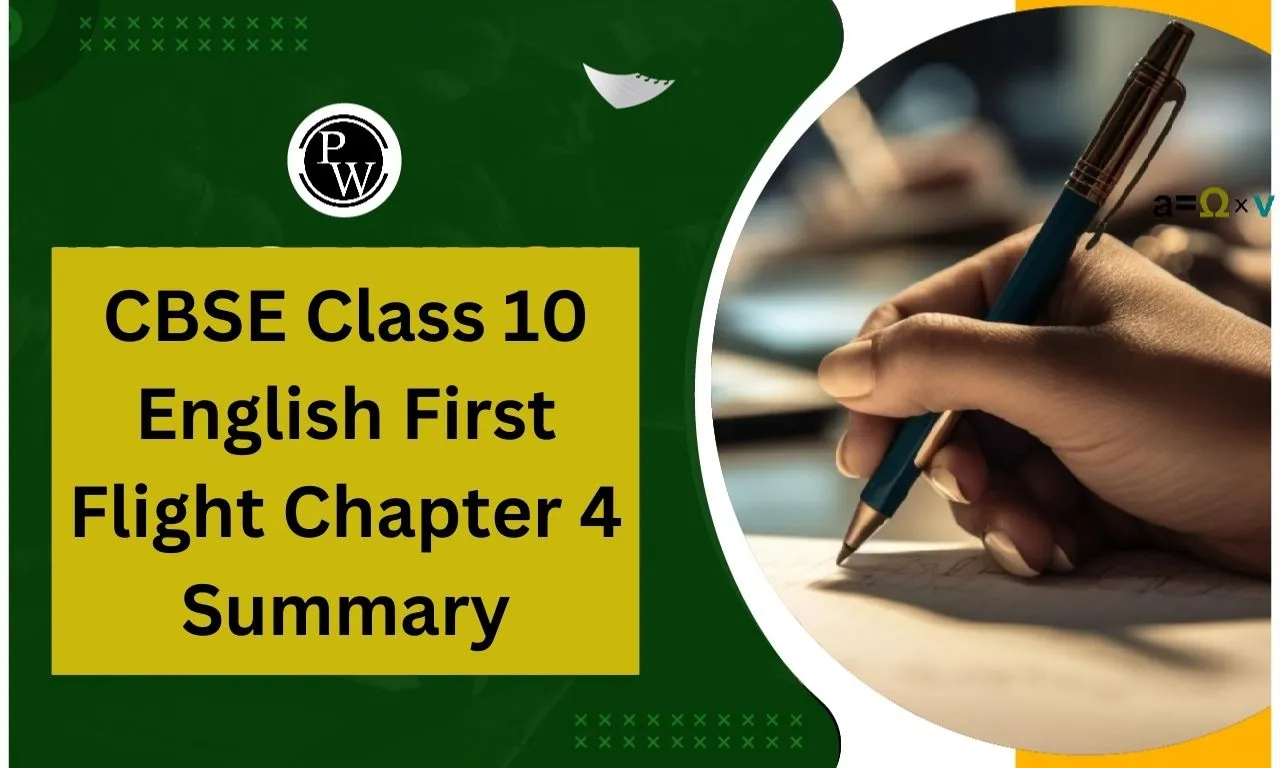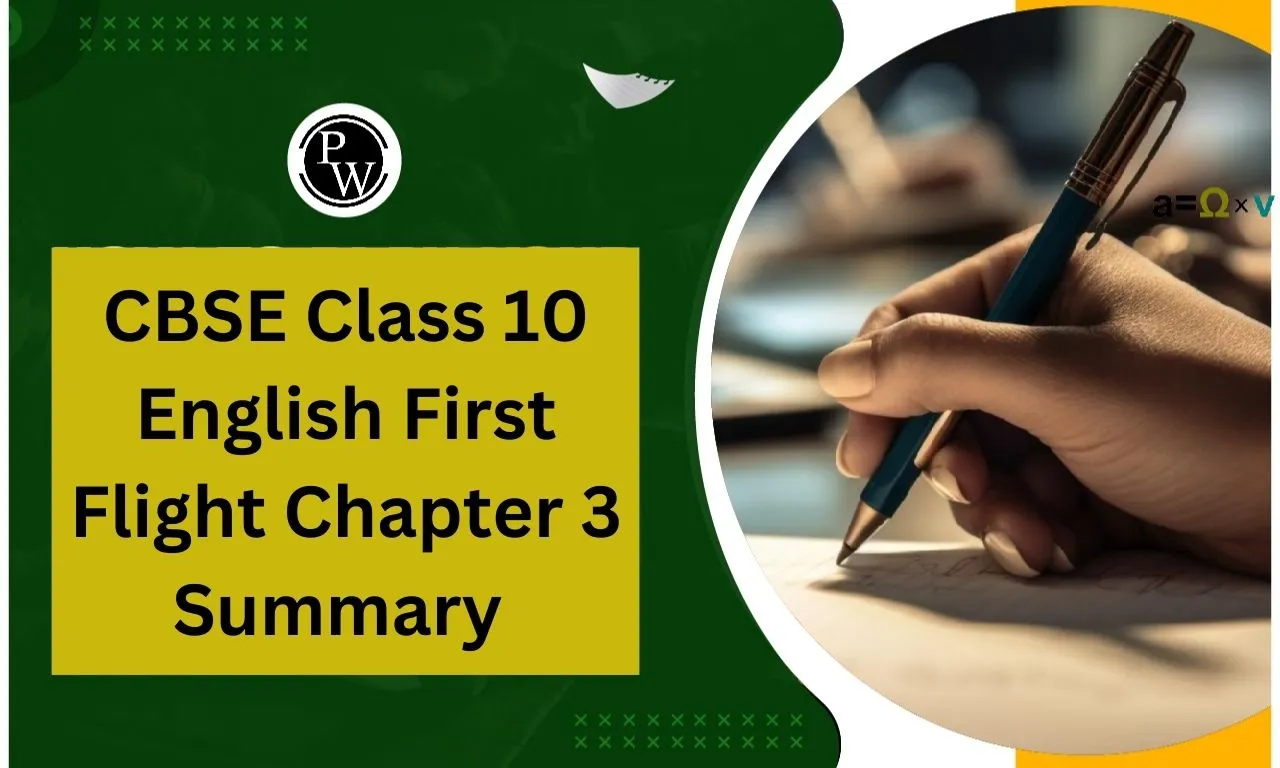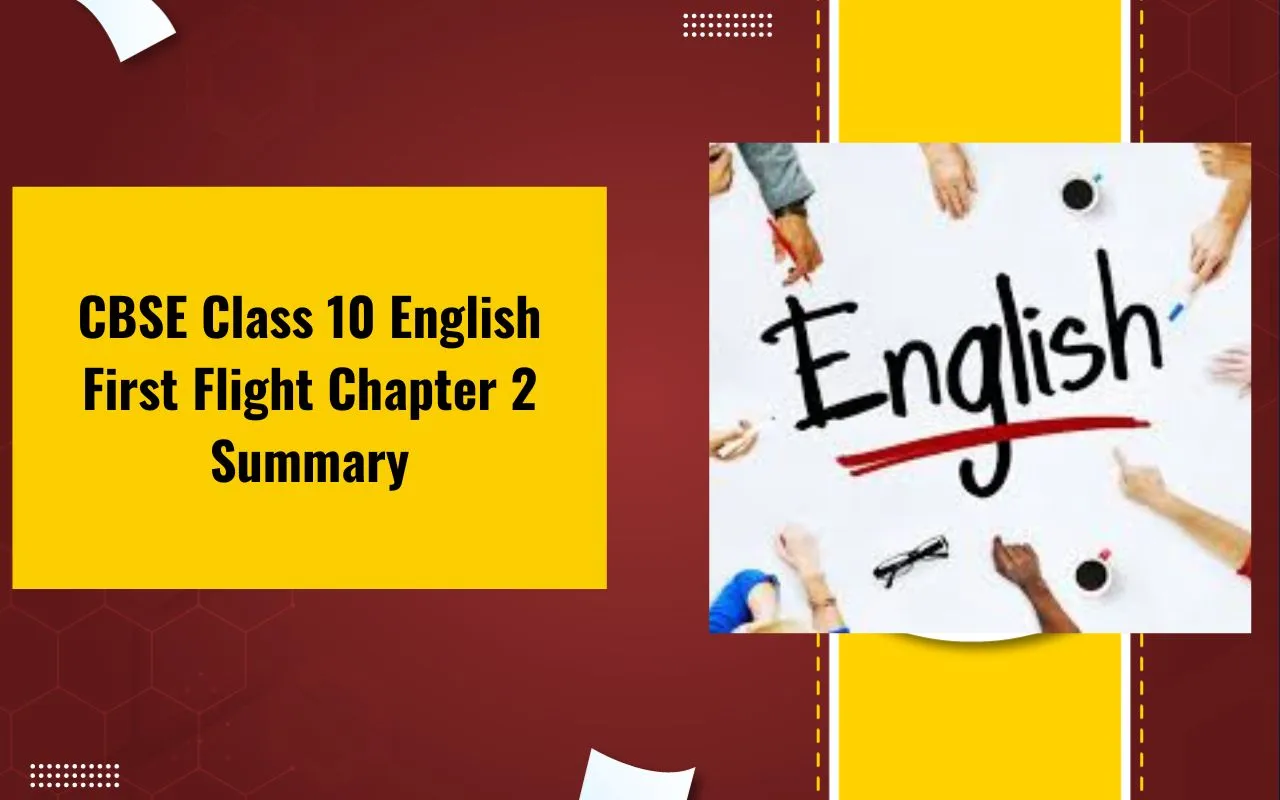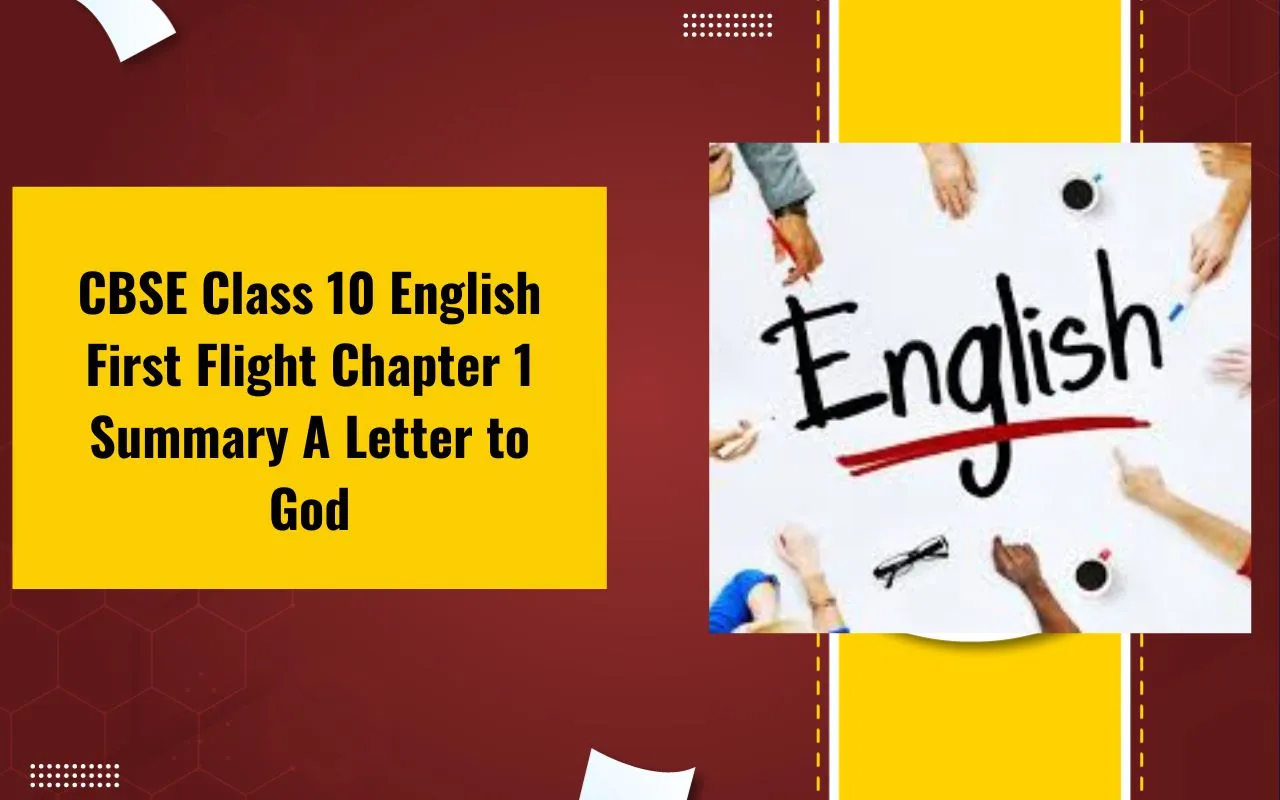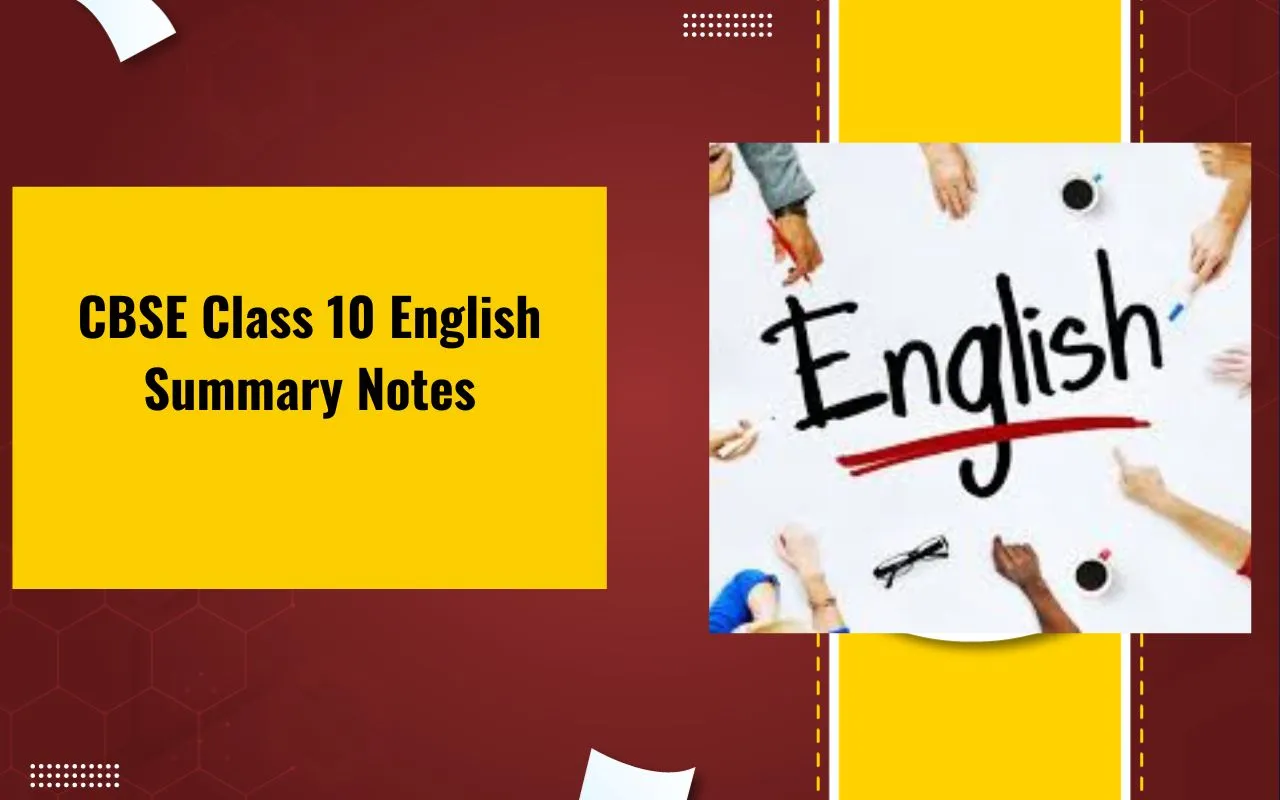
ICSE Class 8 English Syllabus: The ICSE Class 8 English syllabus focuses on strengthening students' language skills through literature, grammar, writing, and comprehension. The exam pattern typically includes sections on Reading Comprehension, Grammar, and Composition.
Students study prose, poetry, and drama, which help enhance vocabulary and analytical skills. The syllabus emphasizes creative writing, letter writing, essay writing, and grammar topics like tenses, voice, direct-indirect speech, and parts of speech. Regular assessments and exams test understanding and application. The literature section includes both classic and contemporary texts. This comprehensive approach prepares students for higher classes and builds a strong foundation in English language and literature.
ICSE Class 8 English Syllabus
The ICSE Class 8 English syllabus focuses on grammar, comprehension, writing skills, and vocabulary development to build a strong foundation in the language. It includes key topics like tenses, voice, letter writing, and more. The exam pattern tests conceptual clarity and application. Check the table below for the complete list of grammar topics covered in the syllabus.
| ICSE Class 8 English Syllabus | |
|---|---|
| Serial Number | Topic Name |
| 1 | Parts of Speech |
| 2 | Comprehension Passage |
| 3 | Tenses (Present Tense) |
| 4 | Tenses (Past Tense) |
| 5 | Tenses (Future Tense) |
| 6 | Sentences (Part 1) |
| 7 | Sentences (Part 2) |
| 8 | Subject Verb Agreement |
| 9 | Composition and Paragraph Writing |
| 10 | Preposition |
| 11 | Letter Writing – Formal and Informal |
| 12 | Determiners |
| 13 | Conjunctions |
| 14 | Active and Passive Voice (Part 1) |
| 15 | Active and Passive Voice (Part 2) |
| 16 | Notice and E-mail Writing |
| 17 | Adjectives and Adverbs |
| 18 | Conjunctions (Repeated) |
| 19 | Summary and Precise Writing |
| 20 | Reported Speech (Part 1) |
| 21 | Reported Speech (Part 2) |
| 22 | Modals |
| 23 | Transformation of Sentences (Part 1) |
| 24 | Transformation of Sentences (Part 2) |
| 25 | Phrases and Clauses |
| 26 | Articles |
| 27 | Homonyms / Homophones |
Detailed Overview of ICSE Class 8 English Syllabus
Here is a detailed overview of the ICSE Class 8 English Grammar Syllabus -
- Parts of Speech
Introduces the eight parts of speech such as nouns, pronouns, verbs, adjectives, etc. Helps students identify and use them correctly in sentences. -
Comprehension Passage
Focuses on reading and understanding unseen passages. Students learn to answer inferential and factual questions accurately. -
Tenses (Present Tense)
Covers various present tenses like simple, continuous, perfect, and perfect continuous. Emphasizes correct usage in sentence construction. -
Tenses (Past Tense)
Deals with all past tense forms. Aims to improve writing clarity and narration consistency. -
Tenses (Future Tense)
Explains simple, continuous, perfect, and perfect continuous future tenses. Enhances planning and predictive writing skills. -
Sentences (Part 1)
Teaches sentence types—declarative, interrogative, imperative, exclamatory. Builds sentence formation and structure understanding. -
Sentences (Part 2)
Focuses on sentence transformation and combining sentences. Enhances syntax and variety in writing. -
Subject-Verb Agreement
Ensures subject and verb match in number and person. Essential for grammatically correct writing. -
Composition and Paragraph Writing
Develops structured paragraph writing and coherent ideas. Encourages creativity and clarity in written expression. -
Preposition
Covers types and correct usage of prepositions. Strengthens understanding of spatial and temporal relationships in language. -
Letter Writing – Formal and Informal
Teaches format, tone, and content for both formal and informal letters. Important for functional writing skills. -
Determiners
Explains articles, quantifiers, and demonstratives. Helps specify nouns correctly in context. -
Conjunctions
Introduces coordinating, subordinating, and correlative conjunctions. Enhances complex sentence formation. -
Active and Passive Voice (Part 1)
Teaches converting sentences from active to passive voice. Focuses on simple and continuous tenses. -
Active and Passive Voice (Part 2)
Covers perfect tenses and imperative sentences in passive voice. Expands understanding of voice usage. -
Notice and E-mail Writing || Diary Writing
Trains students in formal notices and emails. Diary writing develops personal expression. -
Adjectives and Adverbs
Covers types, degrees, and placement of adjectives and adverbs. Improves descriptive writing. -
Conjunctions (Repetition)
Reinforces knowledge and usage of conjunctions. May include practice exercises and revision. -
Summary and Precise Writing || Figures of Speech || Story Writing
Focuses on condensing texts, identifying literary devices, and writing original stories. Enhances comprehension and creativity. -
Reported Speech (Part 1)
Introduces direct and indirect speech rules. Begins with statements and questions. -
Reported Speech (Part 2)
Continues with commands, requests, and complex reporting. Solidifies transformation skills. -
Modals
Covers modal verbs like can, may, must, should, etc. Emphasizes function and formality in usage. -
Transformation of Sentences (Part 1)
Teaches changing sentences from affirmative to negative, assertive to interrogative. Builds language flexibility. -
Transformation of Sentences (Part 2)
Covers exclamatory to assertive, active to passive, and more. Enhances versatility in expression. -
Phrases and Clauses
Differentiates between types of phrases and clauses. Aids in sentence expansion and analysis. -
Articles
Teaches usage of definite and indefinite articles. Improves fluency and grammatical accuracy. -
Homonyms / Homophones
Focuses on words with similar sounds or spellings but different meanings. Boosts vocabulary and spelling precision.
More Details About ICSE Class 8 English Syllabus
All ICSE-affiliated schools in India follow the latest guidelines given by the ICSE board. For the 2025-26 academic year, the updated syllabus is available on the Physics Wallah website. The ICSE Class 8 English syllabus is more detailed than many other boards, but it helps students build strong language skills for the future. In the English language section, students learn grammar, sentence structure, comprehension, punctuation, spelling, email writing, and proper use of English. The English literature section includes stories, plays, and poems. Below is a closer look at the different parts of the syllabus.
1) Listening and Speaking
Students engage with a diverse array of texts spanning genres like poems, lectures, narratives, and stories, honing both their written and aural comprehension skills. This exposure allows them to grasp varied formats such as discourses, speeches, debates, group discussions, and lectures. Furthermore, they critically evaluate language usage across platforms like television, billboards, and newspapers, adapting to nuances like word choice, stress patterns, gestures, tone, and body language. Collaborative discussions enable them to consolidate ideas, seek clarifications, and maintain relevance.
2) Reading
This segment encompasses both literary and non-literary texts, exploring themes ranging from family, self, and home to friendships and beyond. Through extensive reading, students refine their comprehension skills, drawing inferences and understanding textual nuances like vocabulary, tone, and figurative language. They dissect texts to decipher plot intricacies, central themes, perspectives, and occasionally, production or dramatic aspects.
3) Writing
Students are equipped to craft compositions spanning 250 to 300 words, encompassing formal letters, informal correspondence, personal narratives, and stories across diverse subjects. They harness technology to augment their research capabilities, following a structured approach encompassing planning, drafting, editing, revising, and potentially reworking content as required.
4) Grammar and Vocabulary in Context
This module empowers students with skills to effectively employ phrases and clauses, refining sentence construction techniques and mastering simple and compound sentence structures. They delve into the realm of idioms, figures of speech, and their contextual application, enhancing linguistic versatility.
ICSE Class 8 Geography Syllabus
ICSE Class 8 English Exam Structure
The ICSE Class 8 English exam pattern gives students important details like the number of questions, mark distribution, and which questions are compulsory. Knowing this exam format is very helpful when preparing for the exam. The paper is for 100 marks, so students should get familiar with the exam structure in advance. For the latest updates on the ICSE syllabus, marking scheme, exam timetable, and other details, it's best to regularly visit the PW (Physics Wallah) website. Checking the site often will help students stay up to date with any changes related to the ICSE Class 8 English syllabus.
ICSE Class 8 English Syllabus PDF
The ICSE Class 8 English Syllabus PDF provides a detailed overview of the topics covered in both the English Language and Literature sections. It includes important grammar topics, writing formats, comprehension skills, and literature chapters to help students prepare effectively. This syllabus follows the latest ICSE guidelines and ensures a structured learning approach. Students and parents can use it as a reference throughout the academic year. Below, we have provided the PDF for easy access and download.
Do you need help with your homework or preparing for exams?
Study without using the internet
Benefits of Using ICSE Class 8 English Syllabus
Below we have provided some of the beenfits of ICSE Class 8 English Syllabus -
-
Structured Learning Path
The syllabus offers a clear roadmap for what students need to learn throughout the year, promoting organized and goal-oriented study. -
Comprehensive Language Development
It covers grammar, composition, comprehension, and literature, ensuring all aspects of English language learning are addressed in detail. -
Improves Exam Readiness
Familiarity with the syllabus helps students understand the exam pattern, important topics, and question types, boosting confidence and performance. -
Builds Strong Foundation for Higher Classes
The ICSE English syllabus lays a solid base for advanced learning in senior classes and competitive exams. -
Focus on Practical Usage
It includes real-life writing formats like letter writing, email writing, and diary entries, improving practical communication skills. -
Enhances Literary Appreciation
Exposure to drama, prose, and poetry helps students develop a love for literature and improves critical thinking. -
Boosts Vocabulary and Expression
Regular practice with varied texts enhances word power and writing fluency, key for academic and personal success. -
Encourages Independent Thinking
Activities like story writing, essay writing, and comprehension passages promote creativity and logical reasoning.
ICSE Class 8 English Syllabus FAQs
What are the primary components of the ICSE Class 8 English Syllabus?
How can students effectively prepare for the ICSE Class 8 English Literature section?
How does the ICSE Class 8 English Syllabus promote writing skills development?
Can students access the ICSE Class 8 English Syllabus online?



